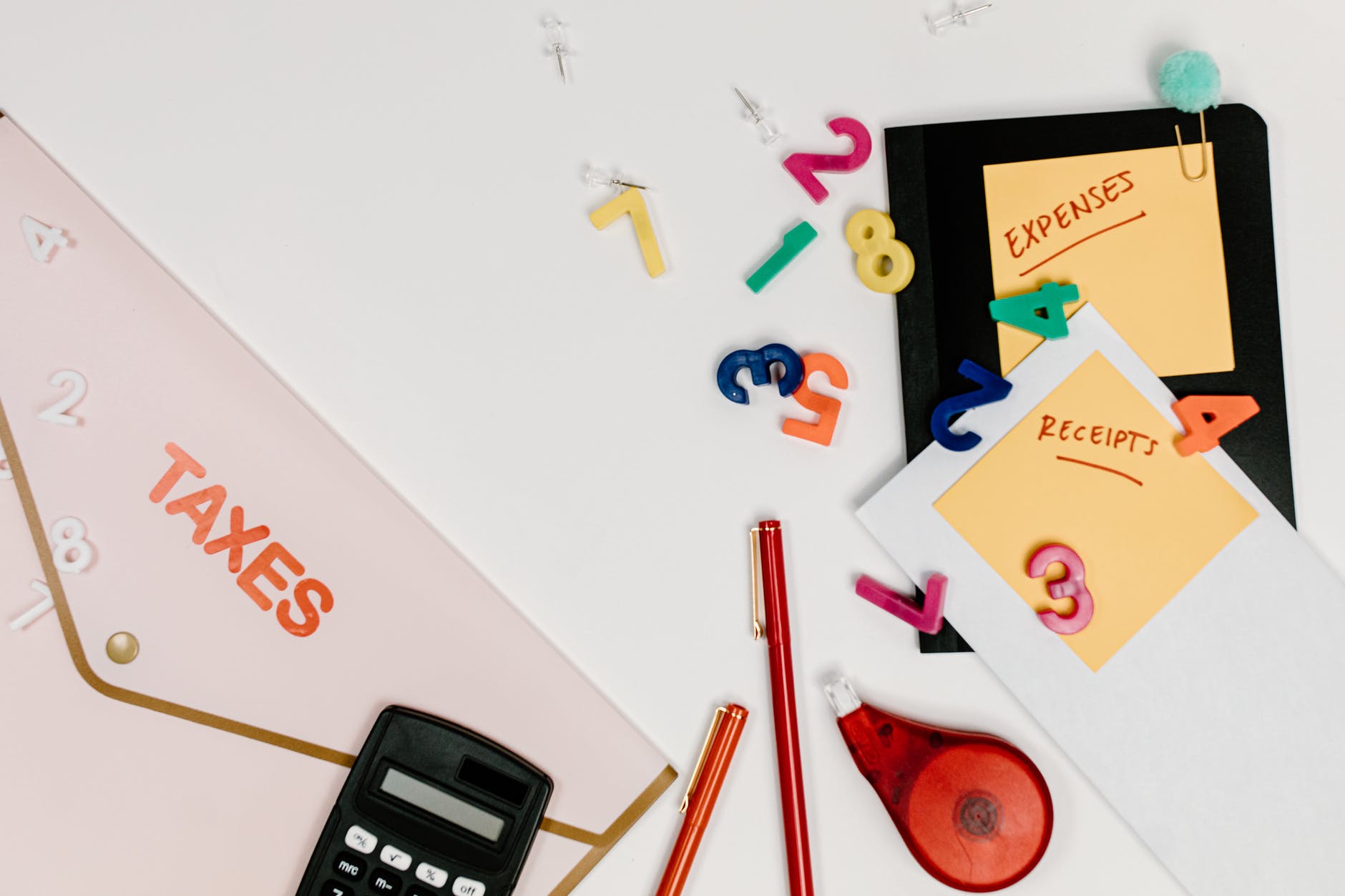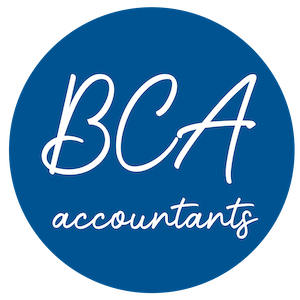
Did you know allowable expenses, as HMRC calls them, can reduce your self-assessment tax bill?
You can claim tax back on some of the costs of running your business – what’s called allowable expenses. These appear as costs in your business accounts and will be deducted from the profit that you pay tax on. In other words, expenses can reduce the average sole trader tax bill – and often significantly.
HMRC lists out many of the most common allowable expenses for different types of income, so it’s worth searching the internet to find the official guidance. Two examples of this: at the Gov.uk website, you can find the most common expenses you can claim for self-employed and the most common expenses you can claim for if you rent out a property.
Below are some things you can claim for. To reiterate, we assume you’re using cash basis accounting, and the rules for traditional accounting can be slightly different. Remember that you can also use simplified expenses. These are flat rates that you can use to calculate tax relief on vehicles, working from home and living on your business premises, and can make working out expenses significantly easier.
- Business premises: Many sole traders run their businesses from their homes, in which case you can only claim tax back on the proportion of those expenses that relate to the space you use for your business, including heating, electricity, council tax and mortgage interest. You’ll need to find a realistic way of dividing the costs. You may divide your bills according to the number of rooms you use for your business or the amount of time you spend working from home.
- Stationery and phone bills: As well as the usual paper, envelopes and pens, you can also claim back tax on postage and printing, including the costs of printer ink and cartridges that you use as part of your business. With more businesses now trading online, this allowance also applies to electronic communications – so you can claim tax back on your business phone, mobile and internet bills too. If you use your phone, mobile and internet for both personal and business use, you’ll need to demonstrate a realistic way of dividing the costs and can only claim tax back on the part that’s for business use. If you can’t show this, you can’t claim any tax back. You can also claim tax back on computer software that your business uses for less than two years or if you make regular payments to renew your licence to use it.
- Professional and financial services: If you get advice from an accountant, lawyer or other professional as part of your business, then you can claim tax back on their fees. You can claim allowable expenses for hiring surveyors and architects for your business too, just not for personal home improvements. If you have a business bank account, you can claim tax relief on bank, overdraft and credit card charges or interest on business loans. You can also claim tax back on hire purchase, lease or other forms of financial payments for equipment that you use in your business.
- Staff and employee costs: You can claim tax relief on employee and staff salaries, bonuses, pensions, benefits, staff and employee costs, agency fees, subcontractors, and employer’s National Insurance contributions.
- Travel costs: There’s a whole host of allowable expenses you can claim for if you have to travel for business, including train, bus, taxi, airfares and accommodation costs. But these only apply if the primary reason for your journey or stay was for business. If you take a trip that combines business and pleasure, you can only claim tax relief on costs that you can show are separate from the private part of your journey. If you can’t split up the costs, you can’t claim tax relief on any part. If you use a vehicle as part of your business, you can claim tax relief on vehicle insurance, repairs and servicing, fuel, parking, breakdown cover, hire charges, or vehicle licence fees. Again, tax relief only applies to these if they are business rather than private expenses. You can’t claim tax back on parking or other fines incurred when you’re driving. There’s no tax relief for breaking the law.
- Clothing: Generally, you can’t claim for clothing, which is to say something you’d wear as part of an everyday wardrobe. So, even if you’ve bought a suit for work, you can’t claim for its cost. But, if you have to buy a uniform that identifies what you do or need special protective clothing to do your job, you can claim for that. You can’t claim for non-uniform items such as shoes and socks. If you’re an entertainer, and the clothes you’re buying are a costume for a stage, TV or film performance, then you can claim tax relief on those. Clowns, magicians, acrobats and Elvis impersonators – we bet the HMRC enjoys reading your clothing claims!
- Stock and materials: You can claim tax back on items that you resell, e.g. stock, raw materials that you use to make goods for sale, and direct costs from producing goods.
- Marketing and advertising: You can claim tax back on the costs of advertising and marketing your business. As well as traditional print marketing, that can include costs for hosting and maintaining your company website. But beware, you may think that treating a customer or supplier to lunch is ‘marketing’, but HMRC considers it as ‘entertaining’, which you can’t claim tax back for. If you’re a member of a professional trade body or organisation as part of your business, you can claim tax relief on your membership fees. Subscriptions to trade or professional journals are also allowable expenses, so claim for those too.
Understanding allowable expenses can make all the difference to your cash flow. If you know what you can and can’t claim back, it makes things much easier come tax return time.
So give yourself plenty of time to get your head around your allowable expenses, speak to us if you need to, and ensure you don’t have to pay more tax than is required.
